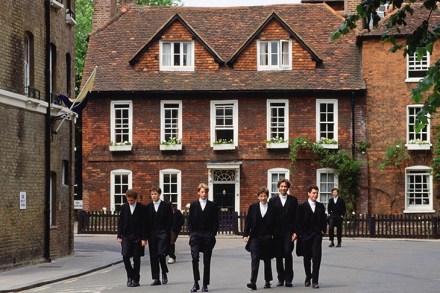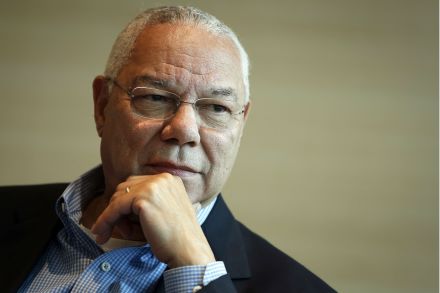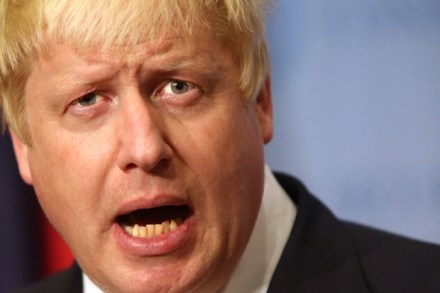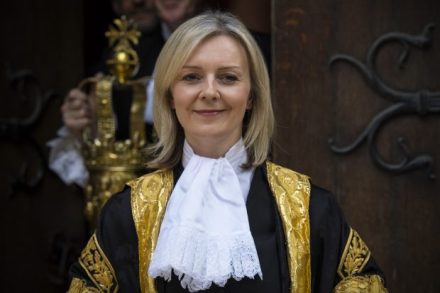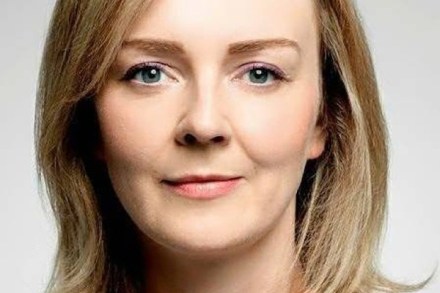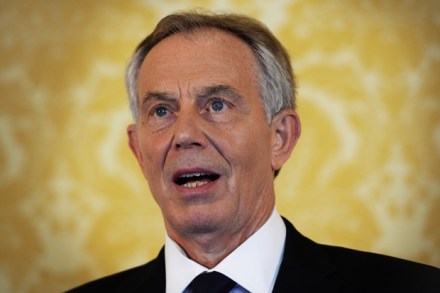A good read… but I don’t buy the plot
I’m writing this from the Conservative Party Conference in Birmingham where the mood is buoyant, to put it mildly. Everyone seems delighted with the new captain and completely unfazed by the perilous waters ahead. If anyone is sad about the demise of David Cameron and some of his key lieutenants they’re not letting on. It’s a case of Le roi est mort, vive le roi! In my spare time I’ve been reading Craig Oliver’s referendum diary, Unleashing Demons, and reflecting on the events that led to Cameron’s demise. As a Remainer, Oliver is in no doubt about why his side lost: the mendacity of the Leave campaign. His lot were
